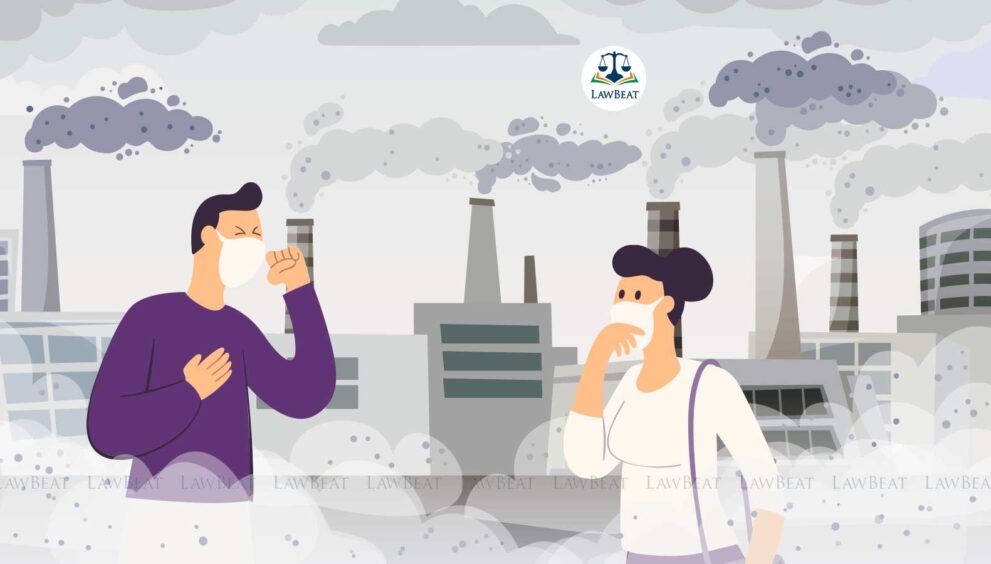Only 3% Of Delhi’s Hours Offer Both Clean Air & Thermal Comfort: Study

CEPT–Respirer report flags urgent need for indoor design rethink in polluted metros
Just 259 hours in a year – or around 3 per cent of Delhi’s total annual hours – offer a combination of both clean air and thermally comfortable outdoor conditions, according to a new study by CEPT University, Ahmedabad and Respirer Living Sciences.
The study finds that although Delhi experiences 2,210 hours of thermally comfortable conditions annually (defined as temperatures between 18°C and 31°C), 88 per cent of those hours coincide with unhealthy air quality levels – an Air Quality Index (AQI) above 150.
“Thermal comfort and clean air rarely overlap in Delhi, meaning that most opportunities for natural ventilation are either unsafe or energy-intensive,” the researchers said.
In sharp contrast, Bengaluru was found to have over 8,100 hours of acceptable air quality, with minimal overlap of pollution during comfortable temperature periods. Ahmedabad was noted to be warmer but offered more usable outdoor time than Delhi. Meanwhile, Chennai mirrored Delhi’s challenge, with 88 per cent of its thermally comfortable hours also affected by pollution.
Rethink Natural Ventilation, Say Experts
Calling for a shift in how India designs and operates buildings, the study warned that conventional models—either fully sealed air-conditioned spaces or fully open windows—are no longer viable in most urban contexts.
The researchers advocate for the adoption of Personalised Environmental Control Systems (PECS) – a technology solution that enables filtered air, occupant-level thermal control, and flexible operation between mechanical and natural ventilation.
“PECS can offer energy savings while protecting health, especially in high-pollution cities like Delhi and Chennai,” the study noted.
According to energy modelling cited in the report, buildings using PECS for ventilation can reduce energy consumption by 72 per cent in Chennai, 70 per cent in Ahmedabad, and 68 per cent in Delhi compared to conventional air-conditioning setups.
As urban India grapples with compounding climate stress and deteriorating air quality, the study urges architects, planners, and policy makers to prioritise hybrid systems and user-responsive indoor environments – ones that balance thermal comfort, air quality, and energy efficiency.






































































































































































































































































































































































































































































































































































































































































































































































































































































































































































































































































































































































































